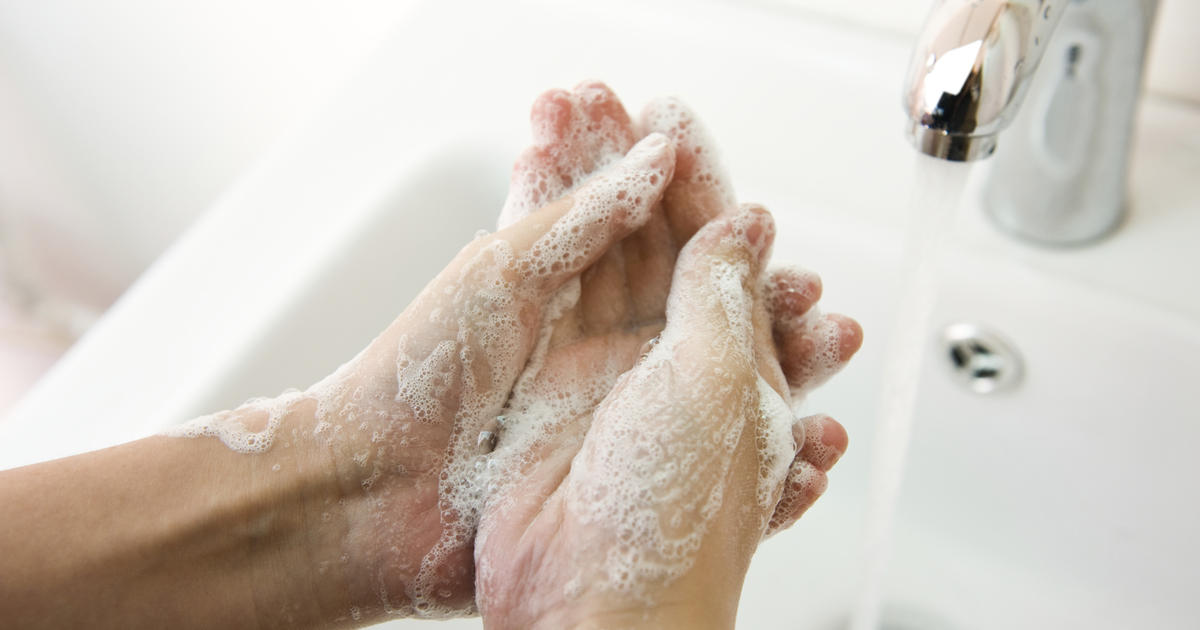How To Prevent Pink Eye (Conjunctivitis)
Pink eye, medically known as conjunctivitis, develops when the conjunctiva (a clear membrane that lines the eyelids and the white parts of the eyes) becomes infected or inflamed. The condition can be caused by both viral and bacterial infections, and it may also occur in infants who have a tear duct that has not completely opened. Symptoms of pink eye include redness, itching, and a gritty feeling in one or both eyes, and patients may experience tearing and a discharge from the eye. Most episodes of pink eye are caused by viruses, and both the bacterial and viral forms of this condition are contagious. Doctors are normally able to diagnose conjunctivitis by taking a health history and asking the patient questions about their symptoms. Sometimes, the patient may need to have an office visit so the doctor can examine the eyes, and taking a sample of any discharge from the eye can be helpful in confirming the diagnosis. Treatment for viral conjunctivitis consists of symptom management, and the illness may persist for up to three weeks. Antibiotic eye drops may be used in cases of bacterial conjunctivitis.
To prevent the spread of pink eye to others, doctors advise patients to practice healthy hygiene and cleaning practices. Some of the routine preventative recommendations are discussed below.
Wash Hands Thoroughly and Often

Patients who have pink eye in one of their eyes may be able to prevent spreading the infection to the other eye and to other individuals if they wash hands thoroughly and often. Currently, healthcare professionals recommend washing hands with water and soap for at least twenty to thirty seconds; both warm and cool water are equally effective. When washing their hands, patients should ensure they wash the palms, backs of the hands, fingernails, and in between each finger. Hands can be dried using an air dryer or a clean towel. Individuals should wash their hands before and after eating and after using the bathroom. Handwashing should also be performed both before and after the patient touches their infected eyes. If running water and soap are not available, using a hand sanitizer that is at least sixty percent alcohol is considered effective.
Don't Share Personal Hygiene Products

'Don't share personal hygiene products' is one of the most effective pieces of advice eye doctors give to patients with pink eye and other eye health concerns. In particular, patients should avoid using contact lenses that are not their own, and they should also not share any artificial tears, eye drops, or eye cosmetics with others. Mascara, eye shadow, and any other eye cosmetics used before an episode of conjunctivitis should be thrown out, and patients who use lash curlers need to disinfect them with alcohol or replace them. Out of an abundance of caution, patients should also avoid sharing towels, washcloths, and other personal care items. During infection with conjunctivitis, it may be helpful for the patient to store their towels, contacts, eye drops, and other personal eye health items in a separate location from the rest of the household.
